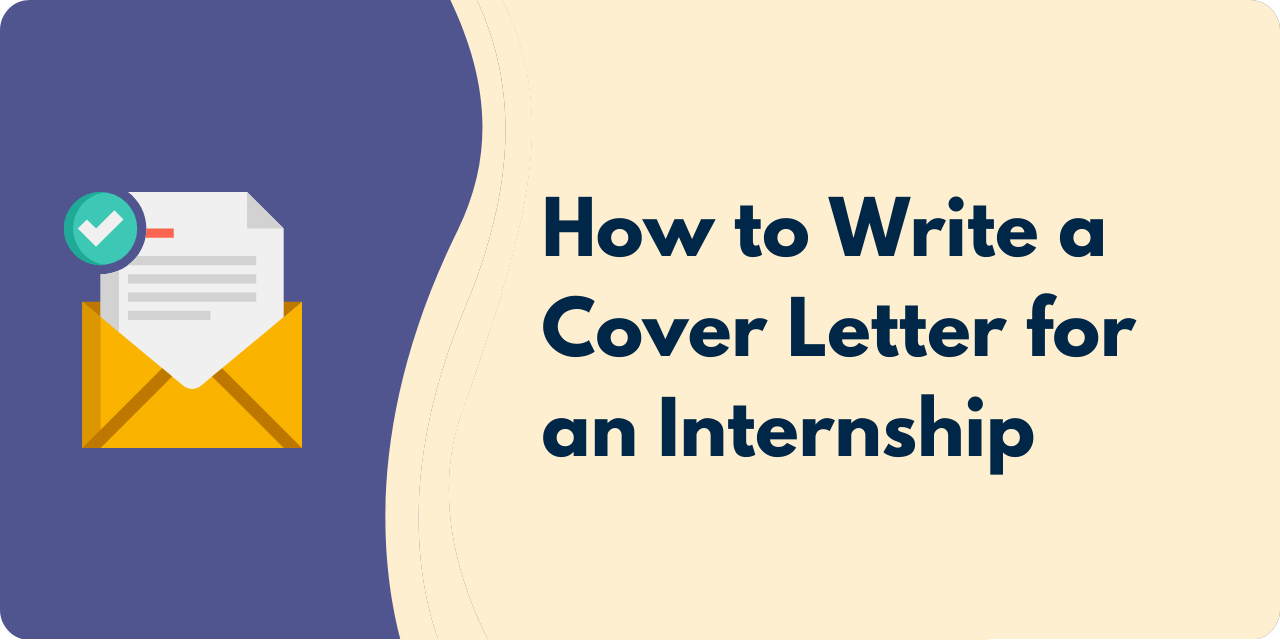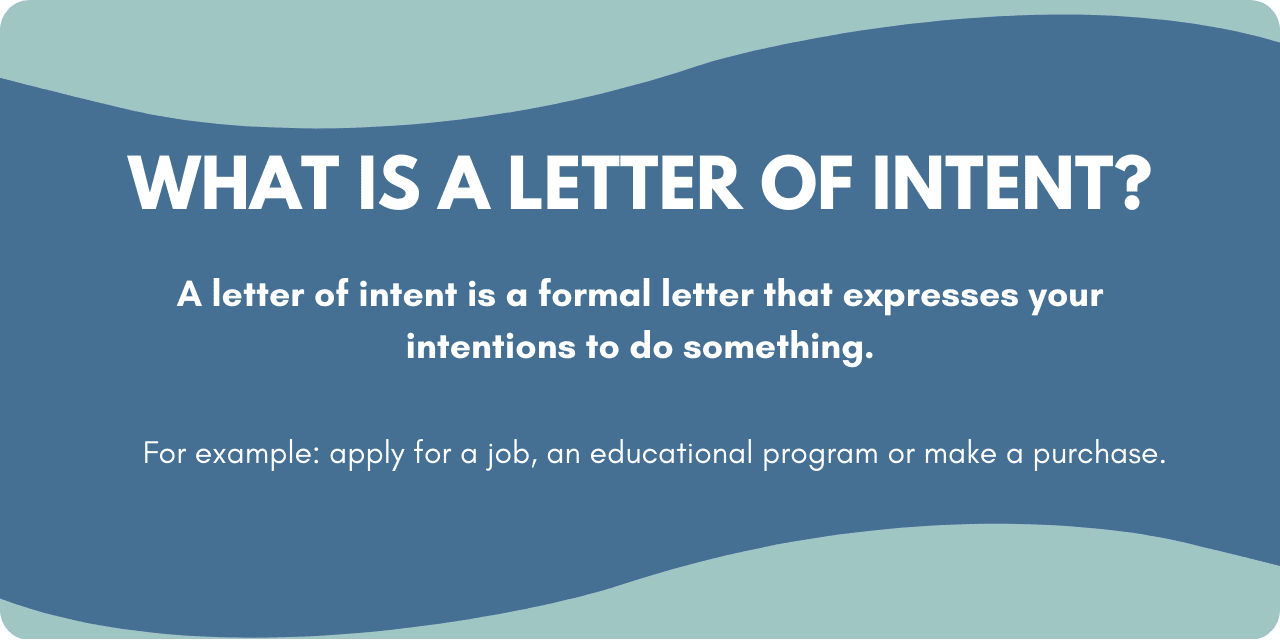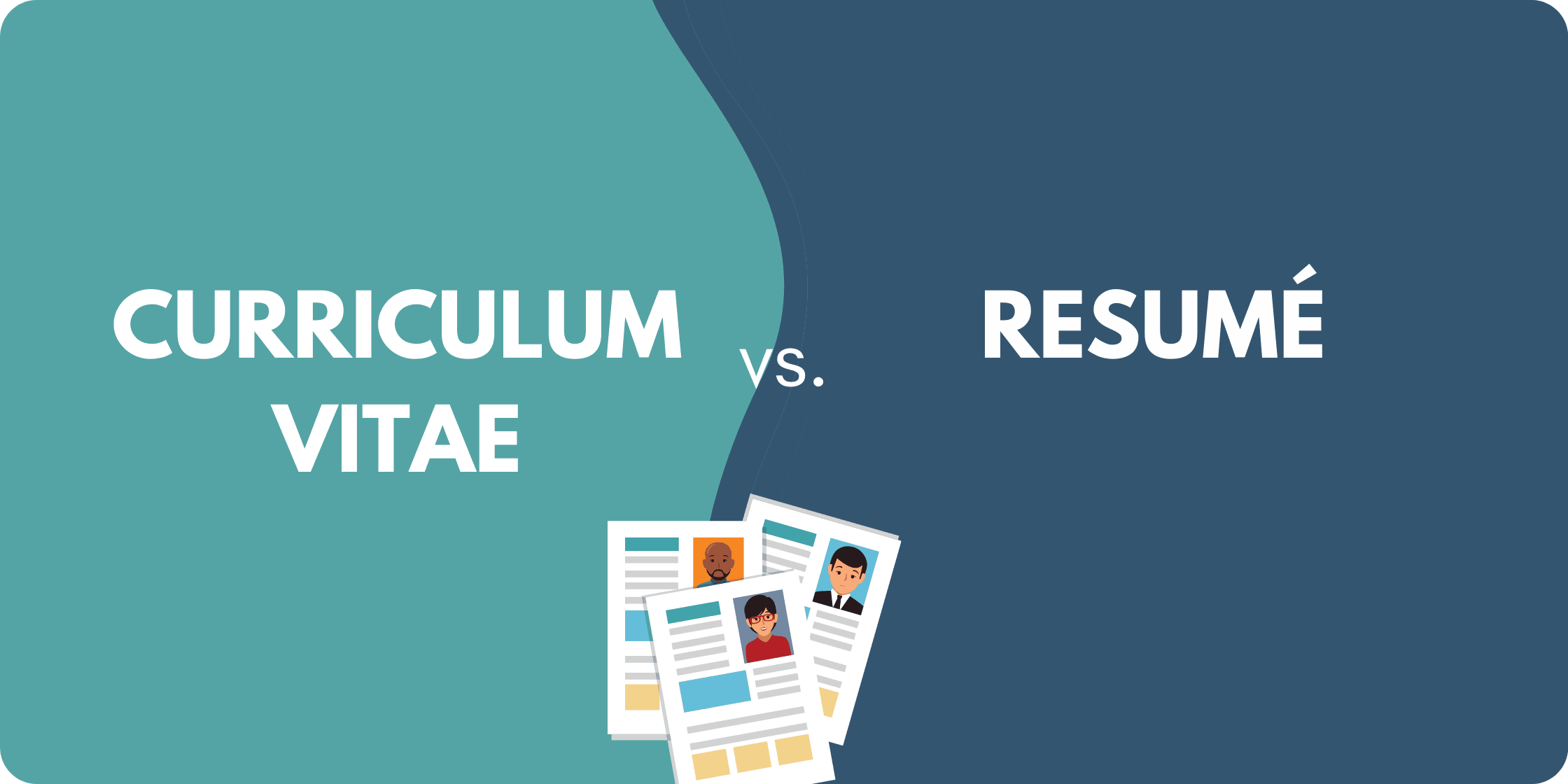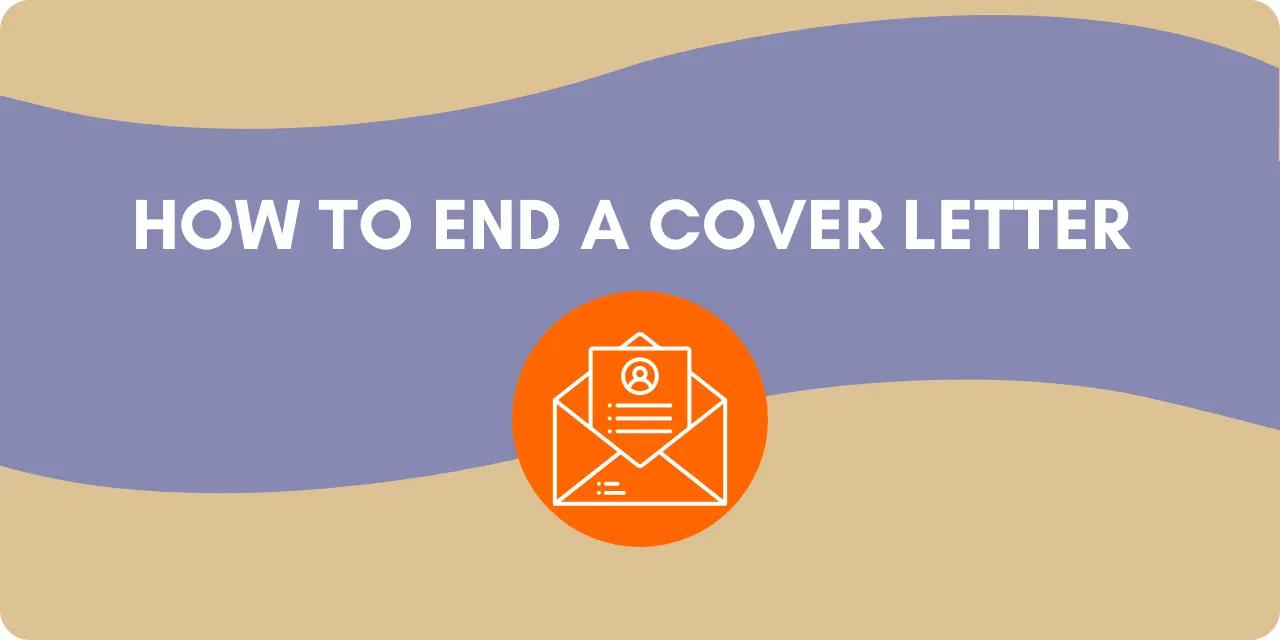In the United States, the hearings of Judge Samuel Alito for the position of Supreme Court Justice have brought up the subject of what to include in resumes and job applications. Unlike Judge Alito, most of us do not have our resumes combed through and then discussed on national television. But like the judge, we are judged by whatever we choose to include in our job-search documents.
When I help people who are writing resumes, I often hear the question “Should I include . . . ?” People ask whether they should include:
- Graduation dates, especially if they believe they may be perceived as too young or too old.
- Job titles, if they are worried about being viewed as over-qualified.
- Volunteer work, usually if they have not held a paid position in many years.
- Jobs they have held for a short time, especially if their job history is checkered (translation: has holes in it).
The answer to the “Should I include” question has two parts relating to content and ethics:
- Content: Include any truthful information that will help you get the interview. Leave out information that will not help.
- Ethics: Include only information that you would be comfortable discussing on national television–or at least around a conference table in an interview.
Remember, your resume is just that–your resume. You need to be comfortable with the qualifications you include, and you are justified in leaving out information that works against you.
Specific examples:
- Graduation dates: Only include them if they help you (or won’t harm your application). For example, if you are a consultant, no one will think twice about your graduation from college in 1970. But as a job applicant, your tip-off that you are at least 55 years old is likely to color the screener’s judgment.
- Job titles: If you were recently a vice president but are applying for a job as an analyst, you cannot change your title to suit the job opening. However, you may choose to omit job titles from your resume. Remember though that job titles are standard on resumes, so leaving them out may arouse the employer’s suspicion. Make this choice very carefully and ask your professional contacts for their reaction to your final copy.
- Volunteer work: Include it if it relates well to the job you are applying for or if it shows important strengths.
But don’t “pretend” that volunteer work is paid work. You are not required to indicate that you were volunteering, but you can’t misrepresent the relationship. You must be able to walk into the interview with a confident, clear conscience.
Even though you have lived only one life with one employment history, you are perfectly justified in creating different resumes when applying for different jobs. That’s because different parts of your life relate to the varying positions you are interested in. For example, for a position in a church-sponsored daycare center, your volunteer work in a church camp may fit perfectly. But for a job installing drywall, there’s no such fit for that information.
Whenever I write, I ask myself “What does the reader need in this document?” For a resume, the question is “What does the reader need to call me in for an interview?” The document shouldn’t be comprehensive. It should present a positive, compelling impression.
Most of us don’t go through the ordeal of having our resumes and applications discussed on television. But we do experience “interrogation” in interviews. To be able to withstand intensive questioning around a conference table, be sure your resume is targeted, accurate, positive, and truthful.
_______________________________________________________
Other search spellings: curriculum vitae, CV, curricula vitae, employement, interveiw, psoition, positoin






